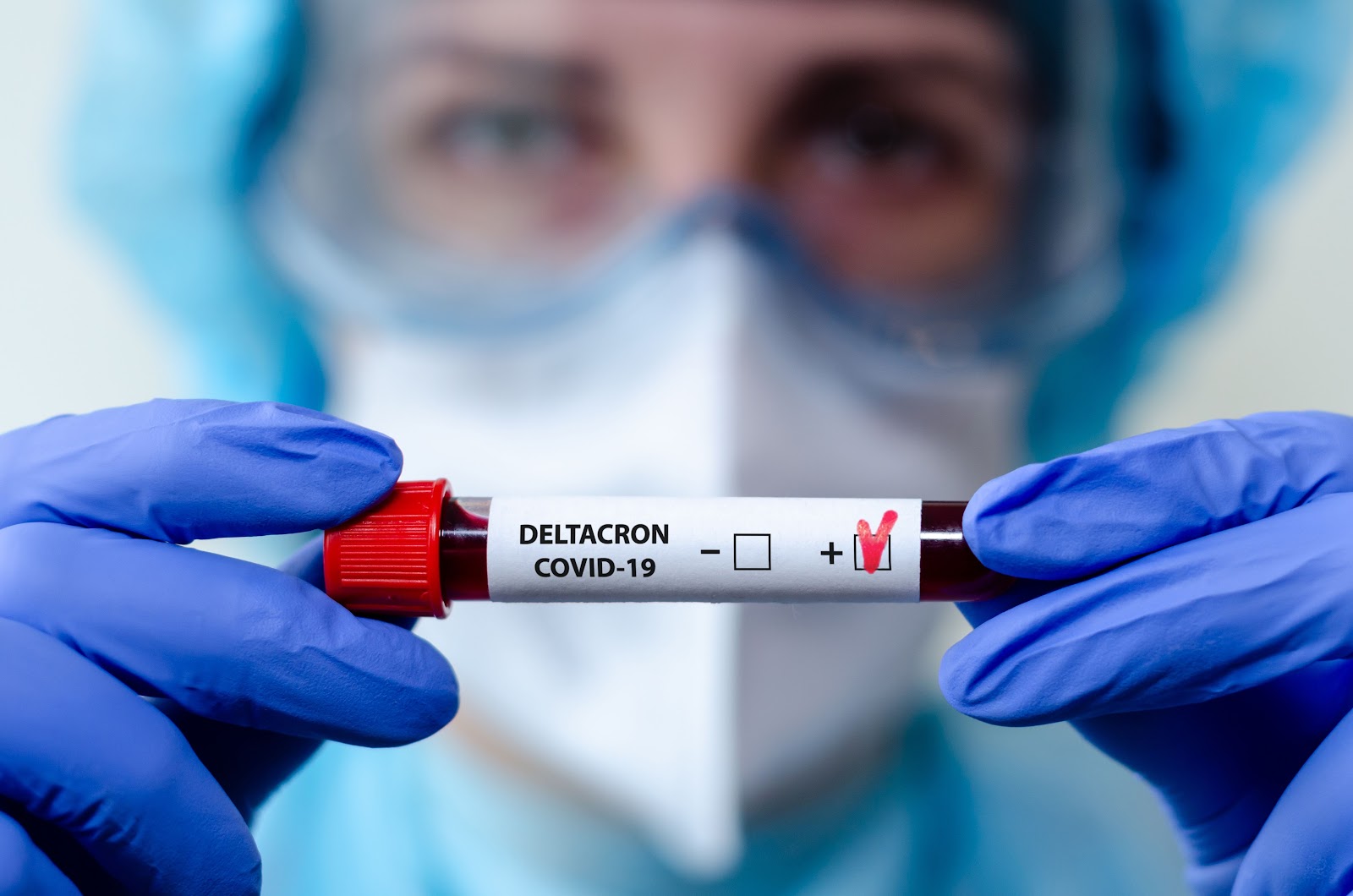333
About two months after it was first reported, the World Health Organisation, WHO has confirmed the COVID-19 Deltacron variant – a hybrid strain that combines the Delta and Omicron variants.
The WHO technical lead for COVID-19, Dr. Maria Van Kerkhove, said cases have been reported in Denmark, France and the Netherlands, but levels are low.
An organisation of scientists around the world who share virus data have also confirmed the emergence of Deltacron. The Global Initiative on Sharing All Influenza Data, GISAID, calls it the “first solid evidence for a Delta-Omicron recombinant virus,” which it says has been circulating since early January 2022.
Reports of Deltacron first circulated in early January after Leondios Kostrikis, a virologist in Cyprus, said his team had discovered what looked like a combination of the Delta and Omicron variants, Bloomberg reported. He was the first to publicly label it Deltacron.
At that time, Kostrikis and his team said they had found 25 cases of Deltacron and noticed that it was more common in people who were hospitalized with COVID-19 than those who had mild cases.
Soon after his announcement, Kostrikis’s research was dismissed both in the press and on social media, where scientists claimed Kostrikis had made a mistake in his lab when studying Deltacron. People said at the time that it was a contaminant in the lab, but, it seems now, it probably wasn’t.
Exact numbers haven’t been reported, but Deltacron has popped up in different locations around the world. A new preprint study published this week announced there have been three case clusters of what the authors are calling “Deltamicron” in southern France.
In a tweet last week, Van Kerkhove explained the possibility of a Delta and Omicron recombinant virus should be expected due to the “intense circulation” of both variants.
She said there is “very good surveillance in many countries right now,” and “given the sheer number of changes and mutations within omicron, it was much easier for researchers, scientists, public health professionals, people who are studying the genome, to be able to detect these recombinants.”



